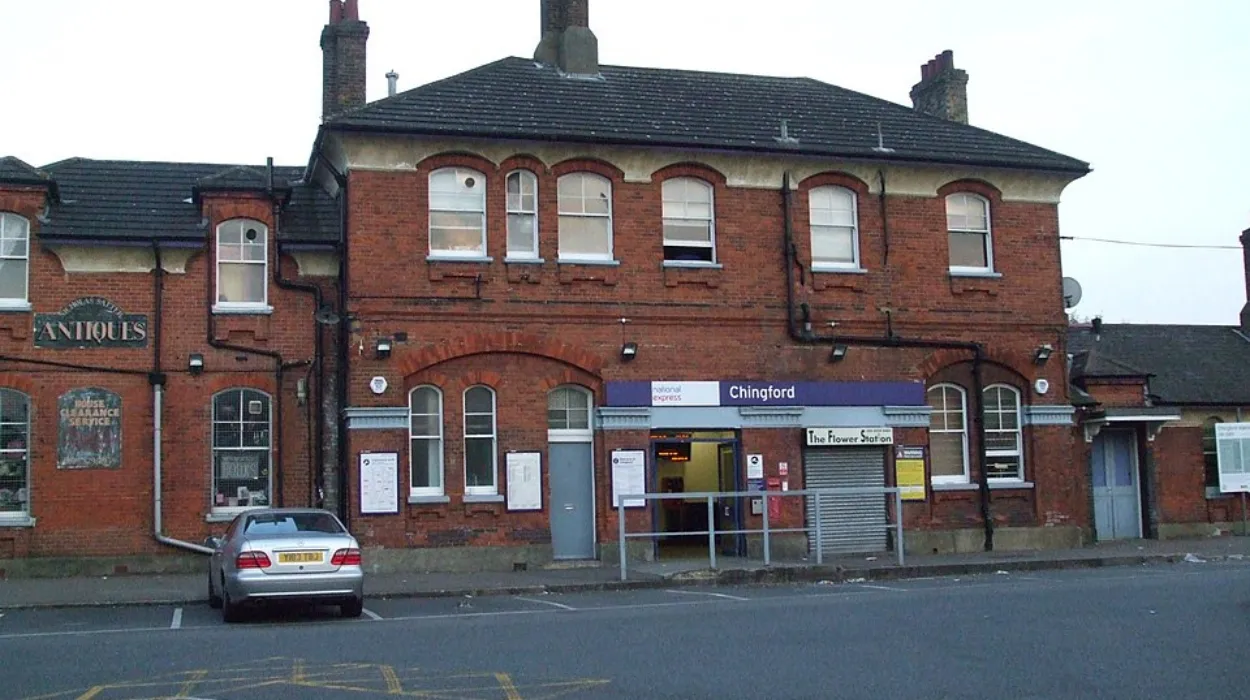Waltham Forest (Parliament Politics Magazine) – Councillors in Waltham Forest criticize plans to permanently shut Chingford Police Station’s front desk, warning it could harm elderly residents the most.
The Metropolitan Police announced last week that it would close 18 of London’s 37 front counters, including those in Chingford, Edmonton, and Tottenham. The only front desk in Waltham ForestWaltham Forest is Chingford’s.
As part of its attempt to close a £260 million financial gap, the Met has justified the proposal by claiming that “just 5%” of all crimes were reported using front counters last year, with “only 1%” of those crimes occurring at night. The strategy is expected to save the Met £7 million.
However, Emma Best, a councillor for the Endlebury ward and the head of Waltham Forest Tory, stated that removing the front desk would significantly affect the borough’s senior citizens’ capacity to report crimes.
Speaking to the Echo, she said:
“In Chingford we have a demographic which is much more elderly than the London average and in particular this group wants to be able to use a front desk.
Closing the desk will leave them with a three hour walk or over an hour journey via public transport to the next nearest station in either Ilford or Stratford.”
Cllr Best, who sits on the London Assembly, also attacked the Mayor of London Sir Sadiq Khan for failing on a manifesto pledge to maintain a 24-hour police front office counter in every borough.
She added:
“[Mayor Khan] has treated Londoners with contempt on this issue. Firstly, there is no consultation on the plans – we are told it is a done deal. Secondly, he waited until the London Assembly was heading into recess to break the news. Thirdly, when an emergency meeting was called to scrutinise the plans he didn’t come.”
Nonetheless, the Met maintains that eliminating its front desks will save money and time, specifically “3,752 hours per month” for police officers who staff desks.
Following the shutdown, Londoners will be able to report crimes in person at 20 front desks located throughout the city, albeit even these will have shortened hours.
The Met has suggested replacing the front desks with video appointments and Met Engage, a new digital community engagement tool that allows Londoners to report crimes.
Forest of Waltham However, according to Tory and Labour council members, this isn’t sufficient to take the role of in-person reporting.
The Tories said in a petition against the proposed move that “about 50,000 crimes were reported inside a police station in London in the last year.” Victims can now easily get updates on ongoing investigations into significant crimes they have encountered at the police front desk. They serve as a safe haven for people in danger and a venue for witnesses to testify.
According to The Echo, Grace Williams, the head of the Waltham Forest Council, and Khevyn Limbajee, the cabinet member for community safety, met with Met Police to voice their worries about the impact that some residents would experience from the lack of in-person interactions.
The Met said:
“Just 5% of crimes were reported using front counters last year, with only 1% of these being made during the night. At the busiest front counter in London on average 15 crimes are reported a day – less than one an hour – and in the least busy, only 2.5 crimes are reported a day.
Londoners tell us they want to see more officers on our streets. The decision to reduce and close some front counters will save £7million and 3,752 hours of police officer time per month allowing us to focus resources relentlessly on tackling crime and putting more officers into neighbourhoods across London.”
How might the police service adapt to better support vulnerable residents post-closure?
Increasing the presence of police officers on foot or in vehicles in vulnerable neighborhoods, specifically targeting outreach efforts to elderly and mobility-impaired residents, can help maintain visibility and trust within the community despite fewer physical storefronts.
Expanding telephone, online, and video call services with tailored support for those less comfortable with technology, such as dedicated helplines staffed with officers trained in assisting vulnerable persons, can offer alternative ways for residents to report concerns and seek help.
Collaborating closely with community organizations, social services, and voluntary groups that already support vulnerable populations can help the police identify at-risk individuals and provide joint safety and wellbeing checks or tailored assistance.


